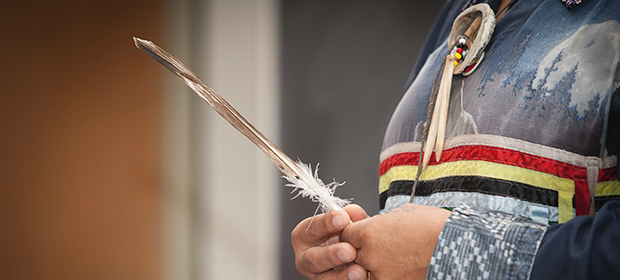
Queen's University sits on the traditional lands of the Haudenosaunee and Anishinaabe peoples.
The Faculty of Arts and Science at Queen’s University is pleased to invite applications for one-year Pre-Doctoral Fellowships for Indigenous Students.
The Fellowships are open to Indigenous students enrolled in a PhD program and working on doctoral research in the creative arts, humanities, social sciences or natural and physical sciences at an accredited university other than Queen’s University. Candidates must have completed all doctoral degree requirements except the final doctoral project (e.g. dissertation). They will be expected to compete their doctoral project during their tenure as a Fellow to receive their degree from their home institution.
The Fellowship holder is required to relocate to Kingston while completing their research in order to teach one course in the Faculty of Arts and Science and contribute to intellectual life at Queen’s University.
Info Sessions: March 3 at 12PM Register - March 9 at 6PM Register
Applications are open. The submission deadline is March 31, 2026.
Fellowship Term: September 1, 2026 through August 31, 2027.
Award: $37,000 annual stipend + benefits + wages for teaching + funds for research & conferences + funds for relocation (see Fellowship details below)
The Faculty of Arts and Science is also inviting applications for Pre-Doctoral Fellowships for Black Studies students.

